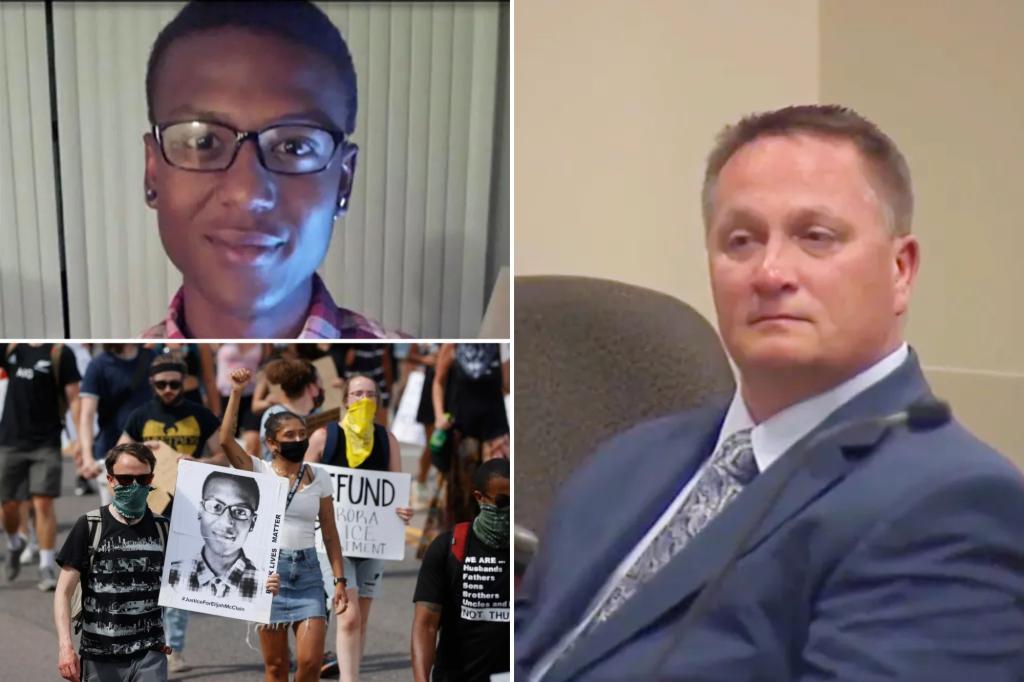A former paramedic who injected Elijah McClain with a powerful sedative was convicted of criminally negligent homicide but avoided prison and was sentenced to probation, contributing to the racial injustice protests in 2020. Several individuals involved in McClain’s death received convictions, including a police officer and two paramedics, which was rare in cases involving emergency medical technicians. McClain’s mother expressed her disappointment prior to sentencing and blamed everyone present that night, not just those who were convicted. The protests in 2020 over racial injustice in policing brought attention to cases like McClain’s, resulting in these convictions that may not have occurred without the nationwide reckoning over racist policing.
The convictions of individuals involved in McClain’s death would have been unheard of prior to 2020, when George Floyd’s murder led to a nationwide reckoning over racist policing and deaths in police custody. Experts stated that without this reckoning, it is unlikely that charges or convictions would have resulted from cases like McClain’s. The two officers involved in McClain’s death were acquitted, which experts noted was common due to juries being reluctant to second-guess the actions of police and first responders. Despite the difficulty in obtaining convictions in such cases, the convictions of the paramedics and the police officer involved in McClain’s death marked a significant shift.
McClain’s death sparked protests over racial injustice in policing, with his name becoming a rallying cry during the demonstrations that swept across the United States in 2020. At least 94 people died after being given sedatives and restrained by police from 2012 through 2021, highlighting the need for accountability and reform in law enforcement practices. Efforts to curb the use of excessive force, sedatives, and restraints have been initiated in many departments and training programs, but it may take years to determine their effectiveness. The convictions resulting from McClain’s case were significant in acknowledging the need for reform and accountability in policing.
Following McClain’s death, investigations were reopened, resulting in charges against those involved in administering the sedative that led to McClain’s death. The judge presiding over the sentencing of the former paramedics and police officers highlighted the severity of their actions, with one paramedic receiving a five-year prison sentence for criminally negligent homicide. Collaborative efforts between law enforcement and paramedics have increased scrutiny over the use of sedatives and restraints in cases involving suspects, with new guidelines in place to prevent similar incidents from occurring in the future. McClain’s death drew attention to the need for more oversight and accountability in cases of police custody deaths.
The protests over McClain and Floyd’s deaths prompted legislative changes in many states to restrict police practices such as neck holds and chokeholds, which can be lethal. These legislative changes reflect a broader shift towards reexamining law enforcement tactics and practices to prevent unnecessary use of force and violence. Sheneen McClain expressed her disappointment that justice had not been fully served in her son’s case, emphasizing the need for accountability among all individuals involved in his death. The ongoing calls for accountability and reform in law enforcement underscore the broader demands for justice and equity in policing practices nationwide.


